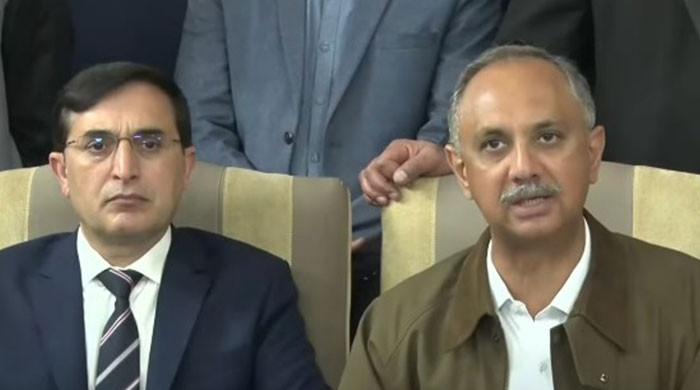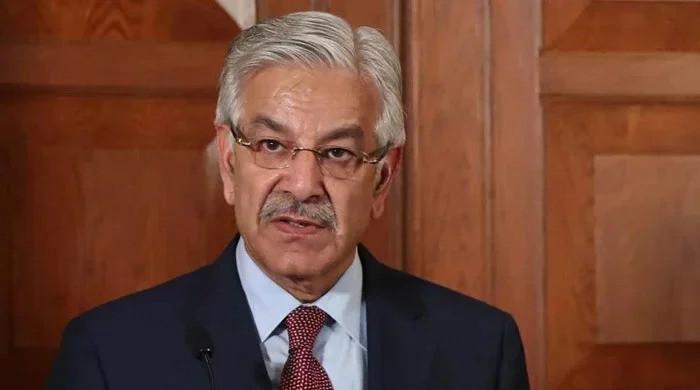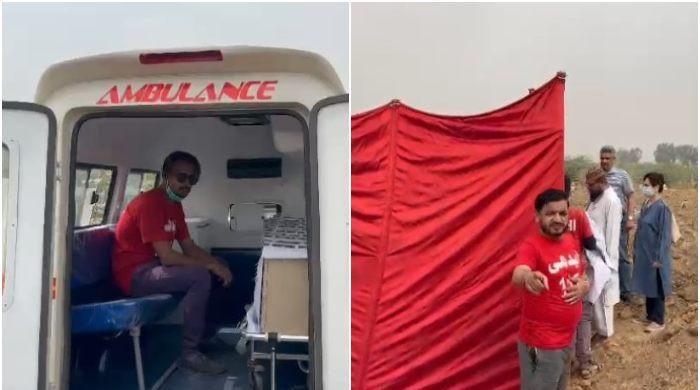Plasma fractionation industry to be set up in Sindh
Move will also help make Pakistan self-sufficient and generate foreign exchange
April 14, 2023

Sindh Chief Minister Murad Ali Shah on Friday allowed the health department to invite investors and bring in technology to introduce the Plasma Fractionation industry in the province.
In the meeting chaired by the Sindh CM — which was attended by Minister of Health and Population Welfare Dr Azra Fazal Pechuho, Parliamentary Secretary for Health Qasim Soomro, Secretary Health Zulfiqar Shah, Secretary to CM Raheem Shaikh, and other concerned officers — Dr Azra briefed the CM about the blood and the process of fraction.
Dr Azra said that the active process of plasma fractionation was conducted at blood banks.
The health minister disclosed that currently large-scale manufacturers mostly focus on albumin used to treat severe trauma and terminally ill patients; immunoglobulins for the treatment of immune deficiencies, autoimmune diseases, and severe bacterial and viral infections; and coagulation factor for haemophilia and fibrinogen for the treatment of liver cirrhosis, postpartum haemorrhage, and disseminated intravascular coagulation.
She also discussed the benefits of having a prescription drug monitoring programme (PDMP) which would be effective, locally available, and affordable.
The health minister added that the fraction industry would bring in the latest technology, improve skills, create job opportunities, generate resources, develop cold chain, and introduce screen support equipment in Sindh within the next two to three years.
The move would also help make Pakistan self-sufficient and generate foreign exchange.
The chief minister, in principle, approved the plan and directed the health department to bring in investors and technology and suggest changes — if necessary — in the existing laws to support the plan.











